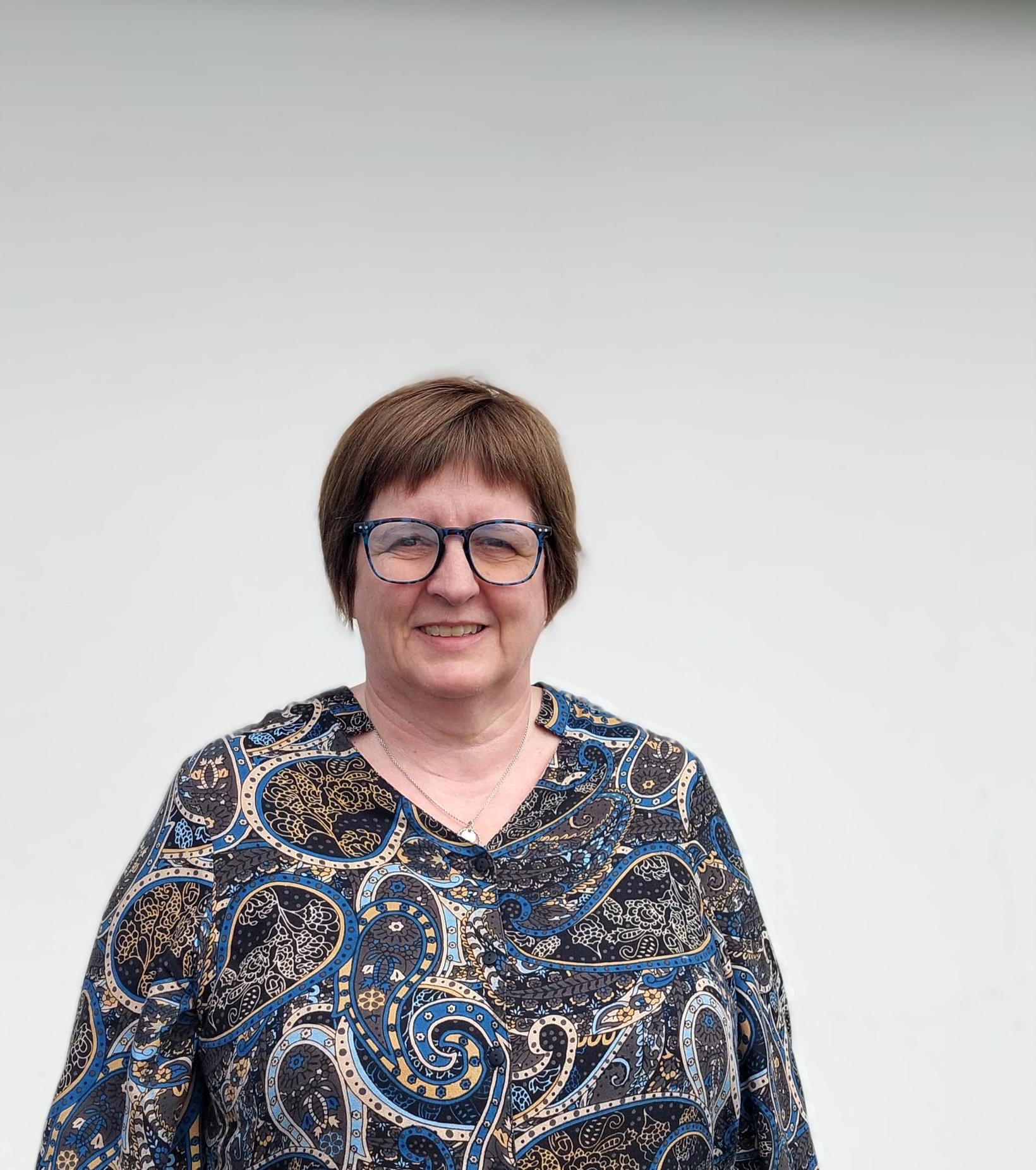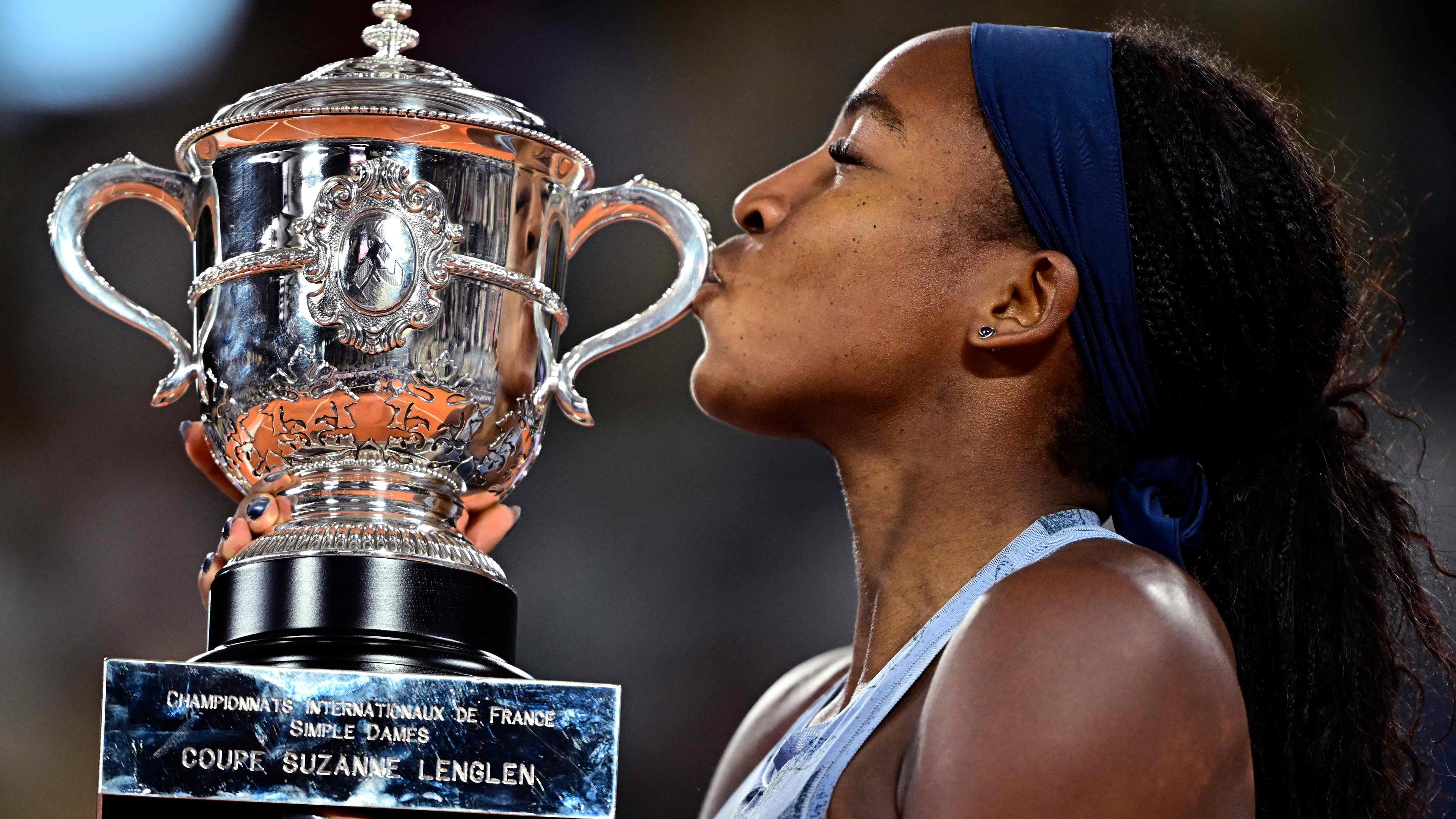Rescue love Diary

« The Last Pages of a Woman’s Diary » by Valery Bruzov
Translated by Rositsa Berdarska, « Fama 1 », 2025
The story is a challenge that sets a lot of tricks to literary theory. Most of them are related to Dostoevsky’s reception. And – if you want a question – resolving them implies a new, even more extreme cascade of challenges. Some of them are artistic, others are moral and ethical and (last) legal.
Probably for this reason, with its release in 1911, the book was condemned and forbidden. The process against her reminds of the fate of Madame Bovary. But Russian censorship is categorical: Bruusov is far more irrelevant and the influence of his prose is much more harmful than that of Flaubert. There is no other way. Because if an earlier Anna Karenina lives in a stunning (but classic) love triangle, here the geometric figure is far more complicated.
Dostoevsky and the « gentle »
Its corners are more than five. Some of them are in different plains (not coincidentally moderate – one of Natalie’s lovers, is experienced as an Assyrian priest). Which (self -referred to) further confuses human relationships. It confuses them to such an extent that we are left with the feeling that not the human mind but artificial intelligence has created the story of Bruasov (it is a curious detail that the author himself sought a similar effect).
If we add the sexual-erotic relationship between the main character Natalia and her sister Lida, it will be unnecessary to stare at other images, which have an even higher coefficient of provocability. Although they are also important and should not be neglected. The common thing between them is that the boundaries between the human and the inhuman move in the tangible of the grotesquereminiscent of high mountain caves where, if you enter, you will never understand if they have a way out or have no way.
A good example is the figure of the uncle, who is no less cartoonish than Uncle Vanyo in the Czech play. His name is Plato and the point of his life is to blackmail his loved ones and blackmail them for money. Another is that, against the backdrop of other characters, Plato is almost unseen, almost harmless and almost selfless.
The same applies to his sister (who is the mother of Natalia’s mother, easily announced). In the story she is anonymous maman (An address that is more appropriate for a pimp than a mother) and her job is to give stupid instructions. If we add to these characters and the absurd ones (as in a picture of Jeronimus Bosch), Natalia’s lovers (between them is Don Juan himself), it will become clear why Bryusov’s history is crushing us with his unrealistic.
It must be an echo of Dostoevsky’s fantastic stories. And since in them the only fantastic element lies in the over -reflexiveness of the narrator (who also writes diaries and talks to himself), here the literary conditionality is raised and parodied not a square, but on a cubic meters walk in days, in Tuutchevsky clear.
They stroll through the faded grass, such as Maria Stewart in the third action of Schiller’s tragedy. They were walking in the short millennia of culture and returned to the endless millions of years when one wandered with the beasts and was hiding in the caves. Atavistic to the brain of their bones, all the characters are as real and artificial. At least to such a conclusion leads the logic of Modest, who finds that a woman is required by a woman love is as absurd as to require sharp vision from the moleS Someone would say that here the accent falls on the verb requires.
Another is that the year in which the story is born is Freud’s golden year and the unconscious. Still others would pay attention to the fact that Bryusov, moving in the asymmetrical tracks of the Russian mystic, wants to explain the phenomenon of happiness of grief. Fourth and fifth, looking for parallels with the images of Raskolnikov and Stavrogin, would fix their attention on how the well -known idea of superhuman or of ÜbermenschS
How is he crazy
| Bruusov writes the word in German, and as if Delicano suggests what would happen in Europe in twenty years. And at the same time he smiles at us and asked how much his heroine Natalia (who never loses her super -reflection for a moment) can ever be happy. She sees that her lovers speak as if they were reading a book. And he has the right to tell them: I don’t want you anymore. |
Because he knows perfectly well that every man wants to be loved as he pleases, and for as long as he pleases him. He also knows that any refusal has the power of murder or suicide. It is acceptable that the dialogue with Dostoevsky is mediated through the books of Arcibashev. His Sanin appeared four years earlier.
I write the name Sanin without quotation, because – like Natalia – and he does not know if he is a literary hero or a real person. Because these characters cannot live and love here and now. Natalia seeks not love but a person who can talk to several hours, And why not a few days or weeks. But it seems to me, here is the great intuition of Bruasov, with which he upgrades Dostoevsky’s five -pointedness), love – left alone – creates an evil and insidious ÜbermenchS It does not save, but must be saved. Otherwise, it will become a destructive and all -former element.
P.P. I must have said something about Natalia’s other lover – the perfectly wonderful suicide Volodya. Maybe I should also say a word about suicides in Dostoevsky’s novels. But then the suicidal theme would have been dominant and the fact that (like « crime and punishment ») history is criminal and begins with classical murder, it would lose meaning. Victor’s skull (Natalia’s husband) is broken with a dumbbell and his wife is already free. Probably my article had to start just like that. At least that’s how artificial intelligence advised me. Maybe he’s right, but I (somehow human) I decided that there were other beginnings









/s3/static.nrc.nl/wp-content/uploads/2025/06/07205024/APTOPIX-French-Open-Tennis_68340020.jpg)